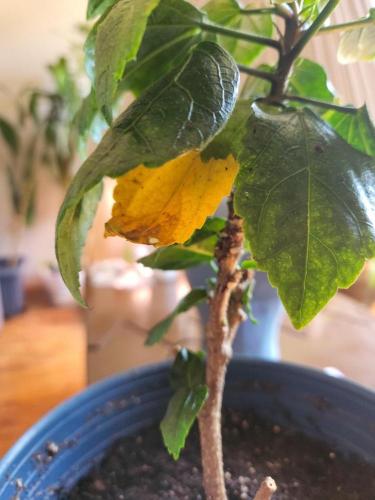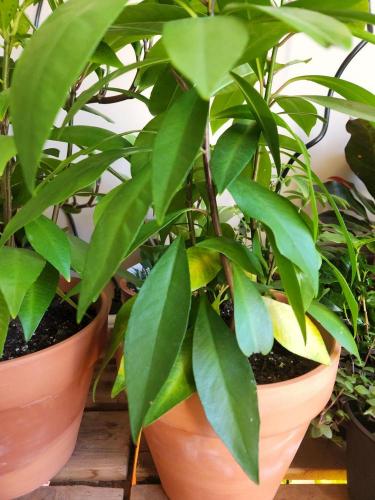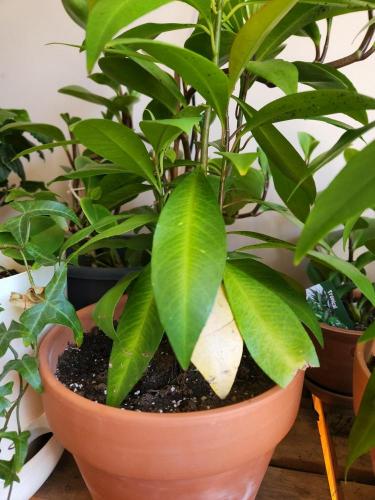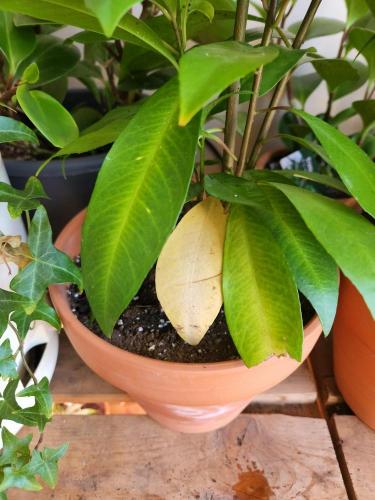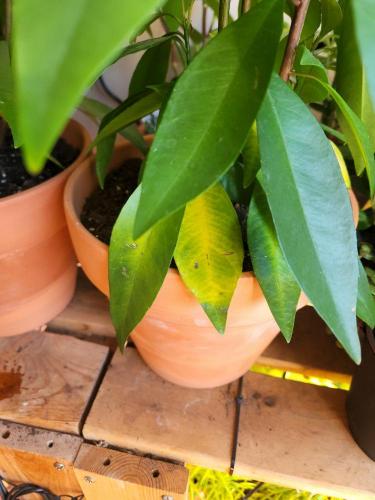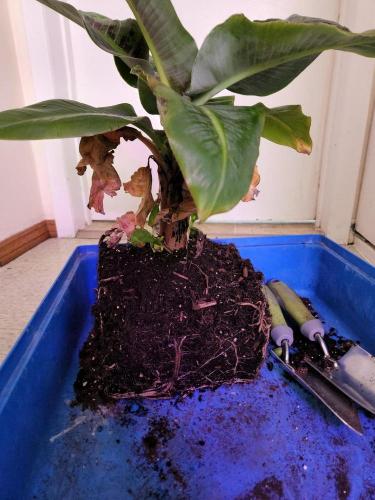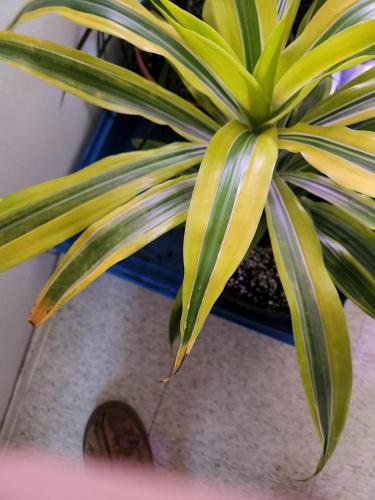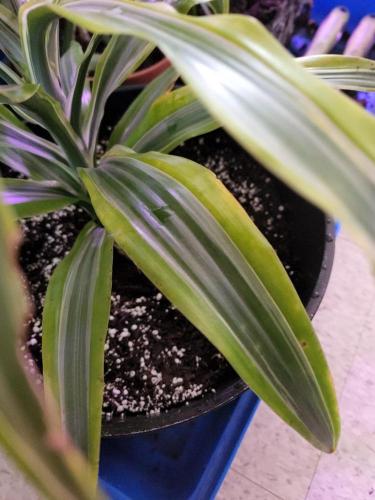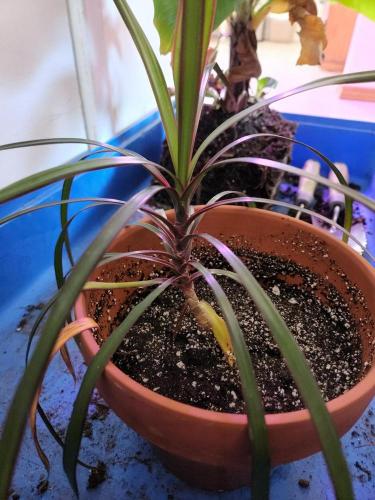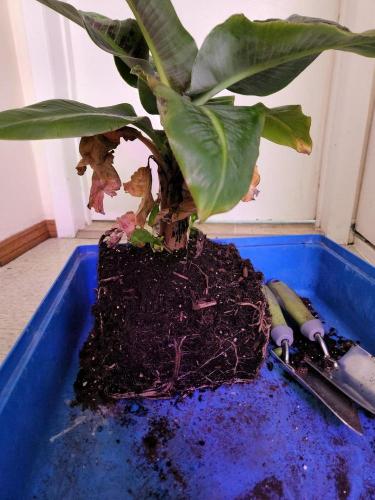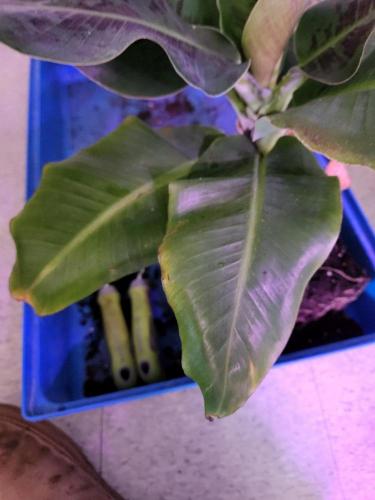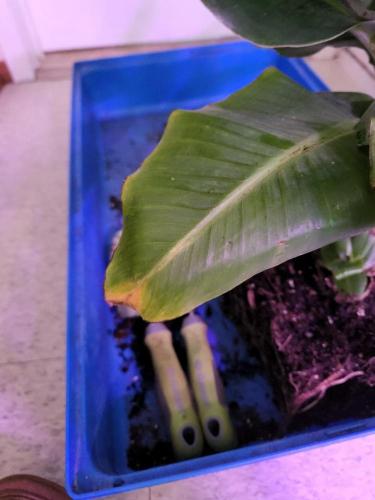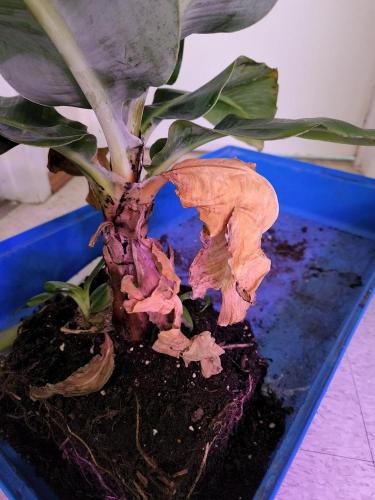TheChef said:
I leached them. There was a significant improvement. Then the yellowing and leaf death returned. I leached again, same thing. I've replaced soil and had to leach and same thing. I've rinsed all soil off of roots and rinsed the roots and reported. Many, if not all, of the most afflicted plants were rootbound and needed repotting. This has been done and plants received new soil.
Please describe leaching so we're all on the same page.
Part of why I'm curious about the other plant types is that between all of the possible over-fertilizing, leachings, root rinsing, repotting...they're just exhausted.
If they were mine I'd back off the fertilizer completely for the time being.
Going back to whatever is causing these cycles, if they get better that makes fertilization more likely. If they don't get better we look for something else.
I'd stop leaching and rinsing roots and changing soil. Set them somewhere with a bit less light than what they're used to. Keep doing research on what might be triggering this, but without doing anything to the plants except letting them chill and adjust for a couple weeks.
Just me, any opinions welcomed.
